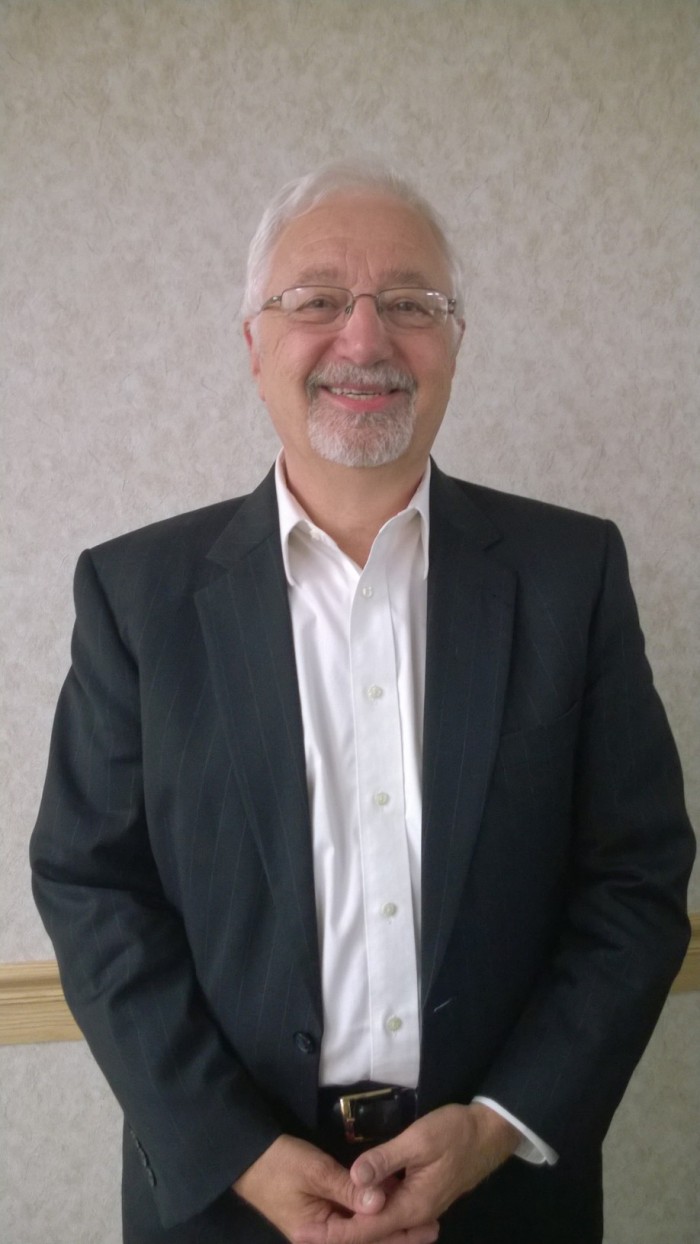Dr. Nicholas Andreadis, though now retired, has worn many hats in his twenty-year Kalamazoo residency, tempering his perspective of the Affordable Care Act’s adoption in this community. Prior to his service at Western Michigan University and his ultimate position as Dean of the University’s Lee Honors College, he trained and, consequently, practiced as a medical physician. I met with Dr. Andreadis at Oakland Drive’s Water Street Coffee Joint—a space of diverse, morning coffee-drinkers that likely reflects a portion of the community affected by Enroll Kalamazoo’s efforts. In reflecting upon his motivations to partner with this coalition as an independent volunteer, Dr. Andreadis noted that the most rewarding dimension of his contribution was engaging with Kalamazoo residents such as these. He remarked that despite early “uncertainty†that accompanied the novelty of the legislation’s reforms, “[the newly enrolled] were uniformly thrilled. I mean, they were a little scared… they had to express some of their vulnerabilities. But, some of them were moved to tears. Others were just thankful that there were people there who care about them…So you had this surrounding rhetoric from politicians on all sides and then you had the real people.†A sense of security and “dignity†that accompanies this elation in possessing health insurance, he believes, indicates a successful beginning in a changing health care landscape.
Yet, Dr. Andreadis conceded that the advent of more equitable access to care must be supplemented with educational measures aimed to “empower†the newly insured “to take care of themselves.†These efforts to engage the community with its health, he asserted, will likely function in three ways: “…you have this passive education, which has a place—a small place in my mind—, then you have an active participation by people mentoring,…and then you have to have some policy and systems changes.†The alliance of these tiered educational efforts, he purports, can not only improve the ease in which newly insured residents navigate the current health system, but will, furthermore, better the circumstances determining community-wide ability to live in health. Yet, language—and, more broadly, communication—will certainly be a barrier in conducting these changes in public sentiment and structure. Indeed, Dr. Andreadis articulated, that consideration of both “language translation†and “cultural translation,†in conjunction with an effort of care providers to “understand what motivates their patient to change†will result in fairer, higher-quality health care.
However, most fundamentally, Dr. Andreadis emphasized the necessity of collective action and participation—much like that which is occurring in the Enroll Kalamazoo coalition—to enhance access to and equitability of health care. Indeed, he notes that the Kalamazoo community— and certainly its health—will benefit from the engagement of all, diverse residents: “…if we begin to create systems that marginalize or reinforce marginalization, then we’re losing assets. So, from a perspective of…complex problem solving—problem solving that needs everyone engaged—we have to move forward.â€
